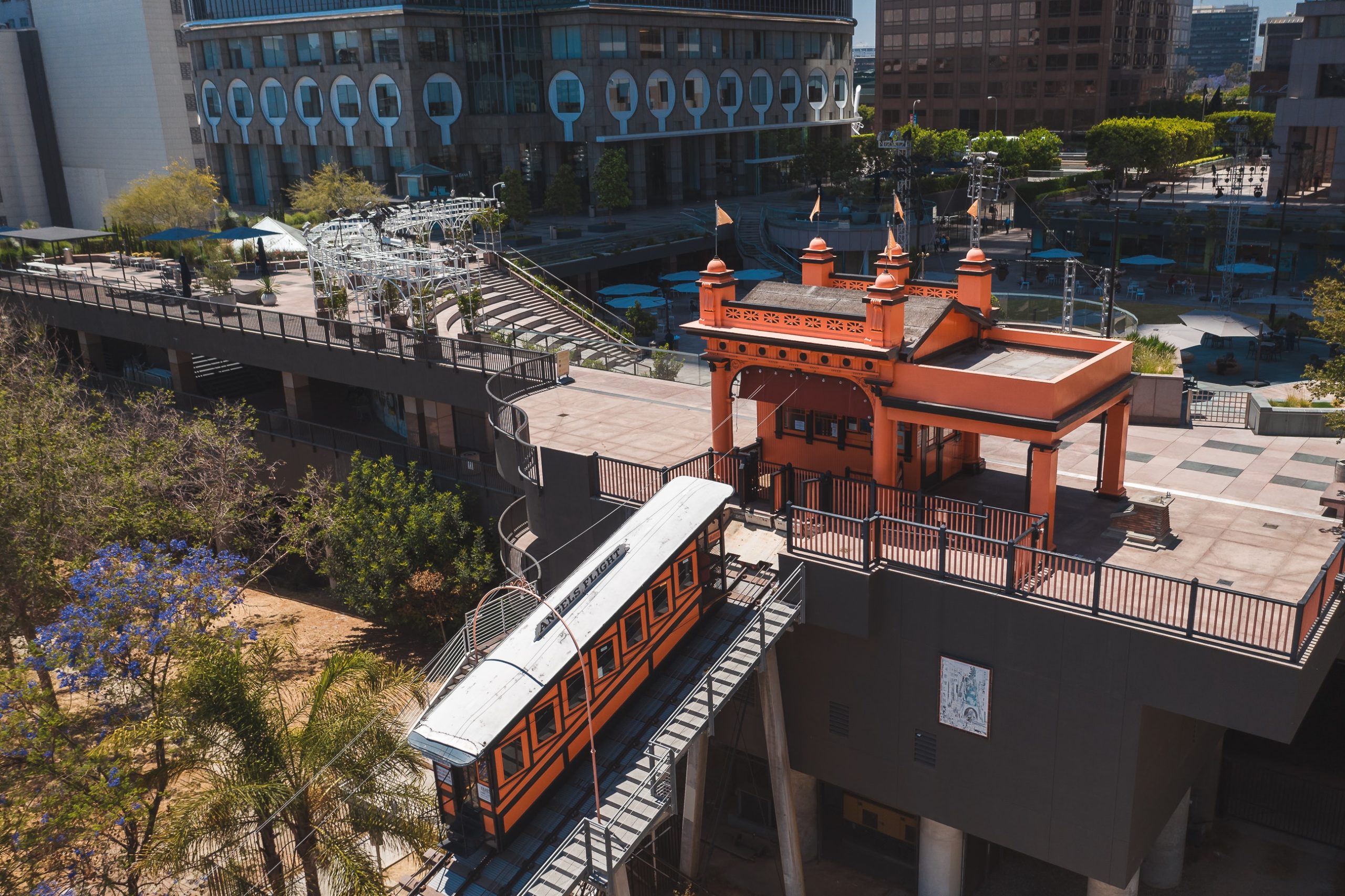In the past week, our church world has been turned upside down. Church members who have sat in the same pews for decades have had to navigate to Facebook, YouTube, or Zoom to participate in worship. Pastors who are skilled at speaking to a room of congregants have had to become instant tech experts and Instagram influencers. Even in the midst of so much change, something surprising is happening, and if we watch carefully we may learn something new about community.
When life is normal, we tend to default to certain expectations and habits. We assume that the average person is doing fine. We assume it’s business as usual for the pastor. We assume that the church will just keep plugging along as normal. We slip into routines; fulfilling church obligations, socializing with the same church friends, and spending our days caring for our typical, day-to-day concerns.
In a time of upheaval, as we are in now, our regular assumptions and defaults are null and void. We recognize the average person who isn’t doing fine-they are likely fearful and anxious. They are learning to adjust to rapidly changing circumstances. We expect our pastors are stressed as they learn how to serve the church from their computers and phones. Further, most of our routines aren’t even options any more.
If we look carefully – through the chaos and change – we can see something surprising and beautiful emerging. I noticed it during our weekly prayer “gathering” that was conducted through video conference software. We saw each family in their own home-many of which I haven’t had the joy of entering yet since we are new to the church! We opened up about fears and challenges. We prayed with more dependence on God and a fresh sense of our hope in him.
The readjustment of our assumptions, the demolition of our defaults, and the creativity of our care is doing something. It’s reminding us of our need for God. It’s alerting us to our need for each other. We are praying more urgently for our pastors. We are conscious of the church’s financial needs. We are relating to our shut-ins who have been socially distant for years. We are using all our creative means, technology, time, and energy to connect in new ways.
Although many are worried social distancing will harm our churches, I think there is a surprising possibility that it’s actually building community. Perhaps when we all are able to meet in person once again, the community we have built while apart will be sweeter, more intentional, and entirely dependent on God in ways that we have never seen before.
Read More

Reflections on the Bible Teaching Conference
Hear from attendees what they learned at the Bible Teaching Conference.

Hope in Suffering
Gateway student Matt Bodden is an evangelist who is ready to answer the question of suffering with the gospel.
Listen
Prophets | Haggai
The boys are back. And by boys we mean the Israelites. The people have returned to their land and after rebuilding their homes and the city walls, God pushed them to finally rebuild His temple. While probably not the most read book in the Bible, Haggai still contains

Prophets | Daniel Part 2
Now with the historical portion of Daniel done, Dr. Wegner takes us through the visions of beasts and years. All these figures intending to show us something. What does it all tell us about God?

Watch

Jonathan Edwards and the Asbury Revival
Chris Chun and Chris Woznicki discuss the signs of true revival, signs of the work of the Holy Spirit, and why it is important to critically assess the characteristics of revival in a spirit of charity.

Jonathan Edwards and the Baptists | Douglas Sweeney, Nathan Finn and Chris Chun
Dr. Douglas Sweeney and Dr. Nathan Finn joined Dr. Chris Chun for a panel discussion on Jonathan Edwards, recorded live at the SBC Annual Meeting in Anaheim.



